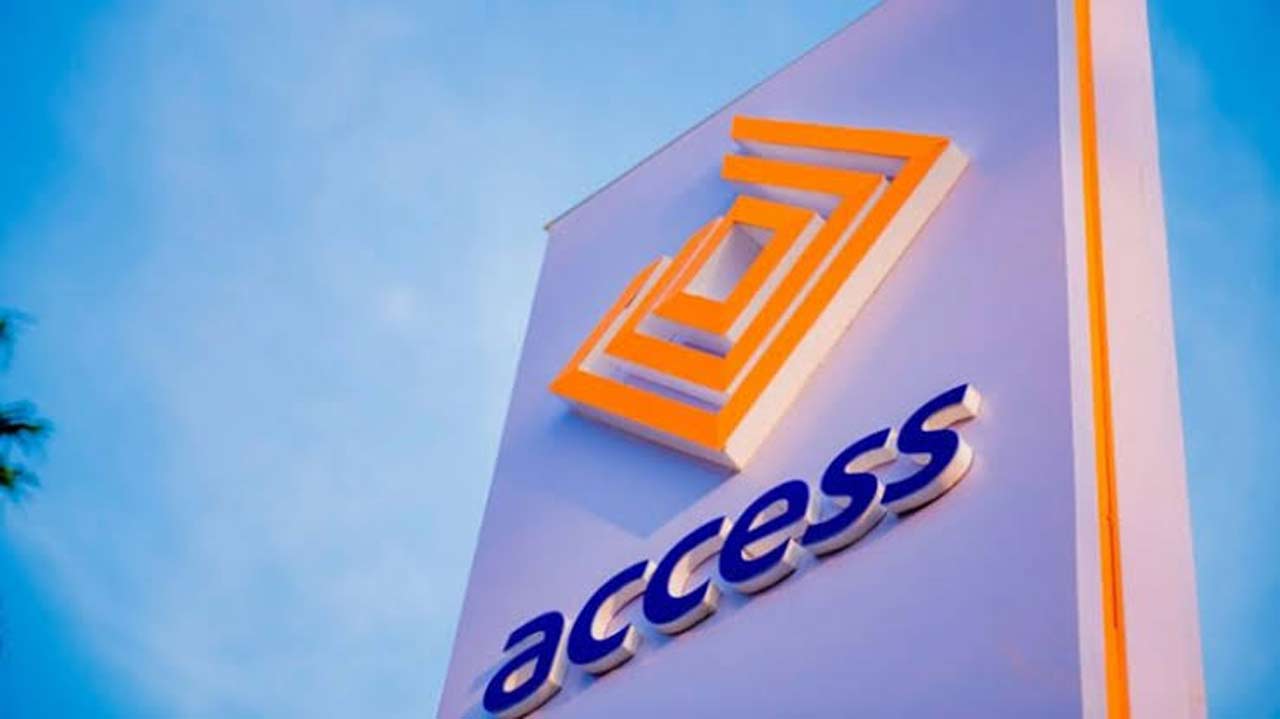Dangote Sugar Refinery, NASCON Allied Industries Plc and Dangote Rice Limited have resolved to merge their businesses in a bid to expand their industry dominance.
In a corporate document released to the capital market authority, the Nigerian Exchange Limited (NGX) on Tuesday, Dangote Sugar said the board of directors reached the decision during a meeting on 28 July 2023.
Join our WhatsApp ChannelDangote Sugar said the companies will have to agree on certain terms and conditions before the merger is tendered before shareholders for approval.
According to the firm, the benefit of the merger is, “It is expected that the Transaction will consolidate and solidify the Group’s market position and ultimately reposition the Group to harness future opportunities in the foods industry.”
The document revealed that the merger will be an “internal restructuring executed through a Scheme of Merger (“Scheme”), under Section 711 of the Companies & Allied Matters Act, 2020 (as amended) and other applicable rules and regulations,” the firm disclosed.
Note that the merging entities are all subsidiaries of Dangote Industries Limited, largely owned by Africa’s richest man, Aliko Dangote.
Part of the document reads: “Dangote Sugar Refinery Plc (the “Company”) hereby notifies the Nigerian Exchange Limited and the investing public that the Board of Directors of the Company at its meeting held on July 28, 2023 resolved to recommend the proposed merger between the Company, NASCON Allied Industries Plc (“NASCON”) and Dangote Rice Limited (“DRL”) to the Shareholders of the Company for consideration and approval, subject to parties agreeing terms and conditions.
“The Company, NASCON & DRL hereinafter referred to as the “Merging Entities” are all subsidiaries of Dangote Industries Limited (the “Group”).”
Dangote Sugar also stated that: “The Company will apply for the Securities and Exchange Commission’s approval of the Scheme, and other requisite approvals.
“The Scheme is also subject to the approval of the Shareholders of the Merging Entities at the respective Court-Ordered Meetings of the companies, as well as the sanction of the Federal High Court.”


















Follow Us